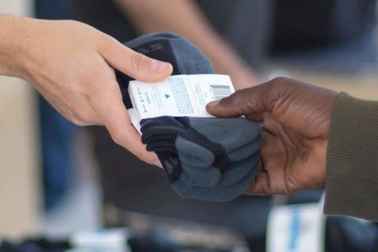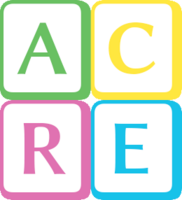Courses

6 modules · 23 lessons
1h 8m
This course is a beginner’s introduction to HIFIS 4. In just over an hour, this course covers accessing HIFIS and getting oriented to the layout, as well as understanding client files, communications, and reports: basic information that almost every HIFIS user should know.
1h 8m

6 lessons
1h 1m
1h 1m
Are you a system-level manager or an executive director and trying to get a handle on how this whole HIFIS thing works? This course gives you the big picture of HIFIS, covering the whats, the whys, and the hows. What are your obligations under Reaching Home? Why should you be bothering to get your staff to do data entry? How can this system benefit you? This course answers these questions and more.
Are you a system-level manager or an executive director and trying to get a handle on how this who…

19 modules · 75 lessons
3h 58m
3h 58m
For front line shelter workers, this course covers: logging in and accessing HIFIS; adding clients, consent, families, and other client information; shelter operations; providing goods, services, and group activities; the VI-SPDAT assessment; incidents, turnaways, and service restrictions; communications, and reports.
For front line shelter workers, this course covers: logging in and accessing HIFIS; adding clients…

16 modules · 63 lessons
3h 1m
For day program workers, this course covers: logging in and accessing HIFIS; adding clients, consent, families, and other client information; providing goods, services, and group activities; the VI-SPDAT assessment; incidents; service restrictions; communications, and reports.
3h 1m

17 modules · 69 lessons
3h 58m
For housing-based case managers, this course covers: logging in and accessing HIFIS; adding clients, consent, families, and other client information; case management; the housing search process; VAT & SPDAT assessments; goods, and financial assistance; communications, and running reports.
3h 58m

18 modules · 70 lessons
3h 30m
3h 30m
For eviction prevention workers, this course covers: logging into and accessing HIFIS; adding clients, consent, families, and other client information; housing loss prevention; providing goods and services; the VI-SPDAT assessment; turnaways, incidents, and service restrictions; communications, and running reports.
For eviction prevention workers, this course covers: logging into and accessing HIFIS; adding clie…

14 modules · 54 lessons
2h 39m
For outreach workers, this course covers: logging in and accessing HIFIS; adding clients, consent, families, and other client information; providing goods, services, and group activities; outreach mapping; communications; and running reports.
For users of HIFIS 4.0.60 or higher.
2h 39m

16 modules · 56 lessons
3h 26m
3h 26m
For outreach staff who do deliver professional, intensive case management, this course covers: logging in and accessing HIFIS; adding clients, consent, families, and other client information; case management; the VI-SPDAT, SPDAT, and VAT assessments; providing goods and services; outreach mapping; communications, and running reports.
For users of HIFIS 4.0.60 or higher.
For outreach staff who do deliver professional, intensive case management, this course covers: log…

17 modules · 58 lessons
3h 27m
For supportive housing program workers, this course covers: logging in and accessing HIFIS; adding clients, consent, families, financial and health information, and other client information; case management; VAT & SPDAT assessments; appointments; communications, and running reports.
3h 27m

4 lessons
19m
This course includes additional training for staff who use HIFIS for diversion. Because this is a newer module, it's not part of the core training for any of our other roles yet, so this is intended as a supplement to other training.
19m

3 modules · 8 lessons
17m
17m
This course includes additional training for any staff who use HIFIS to record health-related information. It is intended for staff who have already received training about the core HIFIS functions. In this course, we will cover such topics as: tracking a client's dietary requirements, recording health issues, noting what medications a client requires, securely dispensing medication to clients, and doing pill counts.
This course includes additional training for any staff who use HIFIS to record health-related info…
Copyright © 2025 ACRE Consulting
___MESSAGE___
___MESSAGE___

